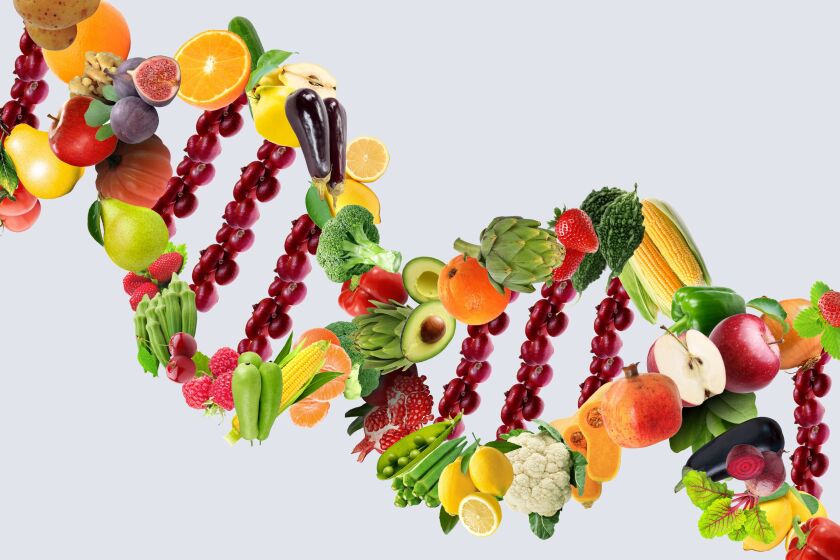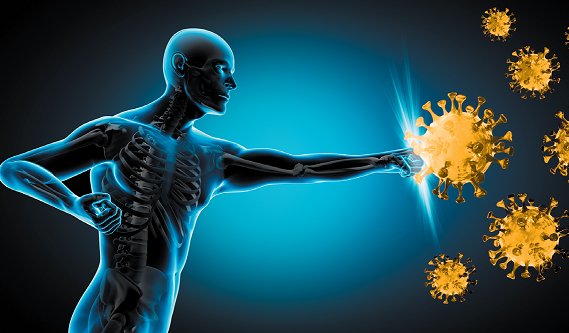10 Simple Ways to Enhance Metabolism for Better Health

In a world where health and wellness take center stage, understanding how to enhance metabolism is crucial for anyone looking to improve their overall health.
Metabolism refers to the complex biochemical processes that convert food into energy, and it plays a significant role in weight management, energy levels, and even longevity.
But how can we boost our metabolism in simple, achievable ways?
This article will delve into ten practical strategies that you can easily incorporate into your daily routine, empowering you to take charge of your metabolic health and enhance your body's efficiency.
From nutrition and hydration to physical activity and sleep quality, let's explore the holistic approaches to enhance metabolism for better health.
View Our Luxury Cold Therapy Products
Key Takeaways
- Understanding metabolism is crucial for optimizing health.
- Nutrition plays a vital role in enhancing metabolism and energy levels.
- Regular physical activity significantly boosts metabolic rate.
- Proper hydration supports metabolic processes and overall health.
- Quality sleep is essential for maintaining a balanced metabolism.
Understanding Metabolism: The Basics
Understanding metabolism is essential for anyone looking to enhance metabolism and improve overall health.
Metabolism refers to the complex biochemical processes that occur in our bodies to convert food into energy.
This intricate system comprises two main components: catabolism, which breaks down nutrients to release energy, and anabolism, which uses that energy to build and maintain cellular structures.
The rate at which these processes occur can vary significantly from person to person, influenced by factors like age, gender, genetics, and physical activity levels.
By understanding the basics of metabolism, individuals can explore effective strategies to enhance metabolism through lifestyle changes, including regular exercise, balanced nutrition, and proper hydration.
Furthermore, recognizing how different foods and habits impact metabolic rate can empower individuals to make informed decisions that promote a healthier, more energetic lifestyle.
The Role of Nutrition in Metabolism Enhancement
Nutrition plays a pivotal role in enhancing metabolism, acting as the fuel that powers our body's biochemical processes.
The foods we consume directly influence our metabolic rate—the speed at which we convert what we eat into energy.
To enhance metabolism, incorporating nutrient-dense foods rich in protein, healthy fats, and complex carbohydrates can make all the difference.
For instance, high-protein foods not only help in muscle building but also increase satiety, leading to fewer cravings.
Additionally, foods containing healthy fats, like avocados and nuts, can aid in hormone production that regulates metabolism.
Moreover, complex carbohydrates, found in whole grains and legumes, provide a steady release of energy, which is vital for sustained metabolic activity.
Don’t forget the power of hydration; drinking enough water is essential as even mild dehydration can slow down metabolic processes.
To truly enhance metabolism, focus on a balanced diet that supports your daily activity and lifestyle goals, empowering your body to function optimally and efficiently.
'The body is like a car; it runs on fuel. Feed it well, and it will run efficiently. Feed it poorly, and it will sputter and stall.' - Unknown
View Our Luxury Cold Therapy Products
Physical Activity and Its Impact on Metabolism
Physical activity plays a pivotal role in enhancing metabolism, acting as a catalyst for numerous physiological processes that help in energy expenditure and weight management.
When you engage in regular exercise, your body experiences an increase in metabolic rate, which can persist for hours or even days after you finish your workout.
This phenomenon, known as excess post-exercise oxygen consumption (EPOC), contributes to a higher overall calorie burn.
Furthermore, different types of physical activity—be it aerobic exercises like running or cycling, or anaerobic workouts such as weightlifting—work to enhance metabolism through building muscle mass, which in turn requires more energy to maintain than fat tissue.
The more muscle you have, the more calories your body burns at rest, proving that integrating strength training into your routine is essential for long-term metabolic enhancements.
Consequently, not only does regular physical activity support weight management and fat loss, but it also boosts your overall energetic quality of life.
To achieve optimal results, it’s vital to choose activities you enjoy, making the process sustainable and encouraging a lifelong commitment to fitness that continuously enhances your metabolism.
Hydration and Its Importance for Metabolism
Hydration is a crucial component that plays a significant role in enhancing metabolism, the process by which our bodies convert what we eat and drink into energy.
When you are properly hydrated, your body functions optimally; this includes the enzymatic reactions necessary for breaking down food.
Dehydration, on the other hand, can slow down metabolic processes, leading to reduced energy levels and impaired overall function.
Studies have shown that even mild dehydration can negatively affect your metabolism, making it essential to drink enough water throughout the day.
Incorporating water-rich foods into your diet, along with consistent fluid intake, helps to ensure that your metabolism remains active and efficient.
By understanding the link between hydration and metabolism, you can take proactive steps to enhance your metabolic rate, boosting weight management efforts and sustaining energy levels for daily activities.
Sleep Quality and Metabolism: The Connection
Sleep quality plays a crucial role in enhancing metabolism, impacting not just how efficiently our bodies process food but also influencing our hunger hormones and overall energy levels.
When we sleep well, our body is able to optimize its hormonal balance, leading to more effective regulation of glucose and fat metabolism.
On the other hand, poor sleep can result in an increase in the hormone ghrelin, which stimulates appetite, while decreasing leptin, the hormone that signals fullness.
This imbalance can lead to overeating and subsequently disrupt metabolic processes.
Furthermore, studies have shown that inadequate sleep can slow down the body's metabolic rate, making it more challenging to maintain a healthy weight.
Therefore, prioritizing sleep not only supports overall health but also serves as a fundamental strategy for anyone looking to enhance metabolism and achieve their wellness goals.
Incorporating Metabolism-Boosting Habits Into Your Daily Routine
Incorporating metabolism-boosting habits into your daily routine can significantly enhance metabolism and provide numerous health benefits.
To start your journey, consider integrating strength training exercises at least two to three times a week, as building muscle mass can increase the number of calories you burn at rest.
Additionally, staying well-hydrated is essential; drinking water can temporarily boost metabolism by up to 30% for about 30-40 minutes.
Don't forget the importance of balanced nutrition—eating protein-rich foods at every meal can increase your thermic effect, leading to more calories burned during digestion.
Moreover, incorporating small, frequent meals instead of large, spaced-out ones can help maintain your metabolic rate throughout the day.
By consciously adopting these simple yet effective habits, you will not only enhance metabolism but also foster a more energized and resilient lifestyle.
Frequently Asked Questions
What is metabolism and why is it important for health?
Metabolism refers to the process by which your body converts food and drinks into energy.
It is essential for maintaining various bodily functions, including muscle function, digestion, and the regulation of body temperature.
How can nutrition enhance my metabolism?
Nutrition plays a critical role in metabolism enhancement.
Consuming the right balance of macronutrients—proteins, fats, and carbohydrates—and incorporating metabolism-boosting foods like lean proteins, whole grains, and certain spices can help improve metabolic function.
What types of physical activities are best for boosting metabolism?
Engaging in high-intensity interval training (HIIT), strength training, and aerobic exercises are particularly effective in boosting metabolism.
These activities increase calorie burn during workouts and even after, through a phenomenon known as excess post-exercise oxygen consumption (EPOC).
How does hydration affect metabolism?
Staying adequately hydrated is essential for optimal metabolic function.
Water helps in the digestion of food and the transportation of nutrients, and even mild dehydration can slow your metabolism, making it important to drink sufficient fluids throughout the day.
What are some daily habits I can incorporate to enhance my metabolism?
To enhance your metabolism, consider incorporating habits such as eating small, frequent meals, staying active throughout the day with movement or exercise, prioritizing quality sleep, reducing stress, and staying hydrated.






